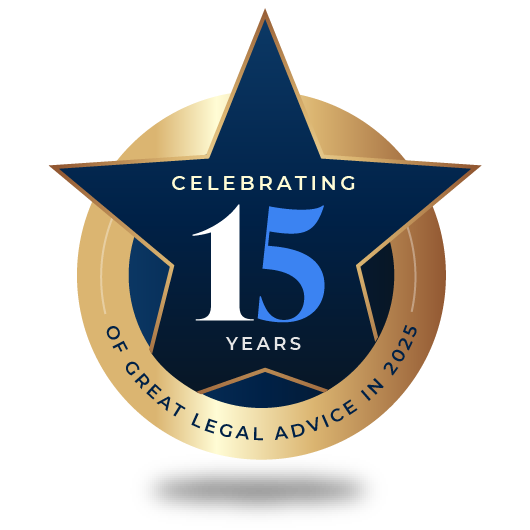If you’ve ever heard stories of workplace conditions before the Department of Labor started imposing regulations, you know that employees had very few rights. There was an extreme amount of work place intimidation, coming not only from the higher ups, but from peers worried about keeping their jobs. Work place intimidation is exactly how things were able to get so bad in the first place; companies or higher management would have instilled fraudulent or illegal work practices and scare their employees into keeping quiet. Employees or anyone who tried expose the company’s or management’s bad practices were called “whistleblowers.” But they were often intimidated or threatened to the point where they were too afraid to notify the proper authorities or management about illegal tactics.
Finally in 1863 the United States False Claims Act, which was revised in 1986, encouraged whistleblowers exposing fraudulent practices by actually promising them a percentage of damages won by the government in the event of a lawsuit. This Act also protected them from wrongful dismissal, which is often times the biggest fear of a whistleblower.
So why, exactly, would an employee sell out their company in the name of the greater good? Many corporations have internal compliance programs that keep companies and corporations in line. Some are smaller issues that can be taken up with the company itself, where others have become major cover-ups, in cases that involve the Securities and Exchange Commission or the Internal Revenue Services. Many times a whistleblower is acting out of ethics and cannot go on in good conscience without exposing the fraudulent and even harmful acts of their employer. There are actually certain types of employees, such as accountants, auditors, and lawyers that have legal obligations to expose an employer of deceitful practices, so it’s even more important that they seek legal council before publicly blowing the whistle.
The question remains for many whistleblowers, “where do I take my claim?” and “Am I truly safe to expose this company for its wrongdoing?” On one side of the coin, the employee can be intimidated and even bribed to keep quiet, and on the other side, they could get themselves caught up in the scandal if they aren’t careful with how they handle it. This is where an employment attorney needs to be consulted to know exactly what to do, to evaluate the violations, to document and find evidence tracing these actions back to a specific department or person, and to help protect your interests before going to court with a company that is much more powerful than you as an individual. Reporting a fraudulent activity within the company before consulting an attorney can lead to the same kinds of harassment, intimidation and wrongful termination that happened in the days of the industrial revolution. While you can argue the wrongful termination after the fact, it’s always best to start with an attorney and approach the situation head-on.
Ginarte is an experienced law firm that can protect your rights as an employee. Ginarte has handled many Employment Litigation cases and it is important to contact them immediately for consultation in the event of Workplace Intimidation.



